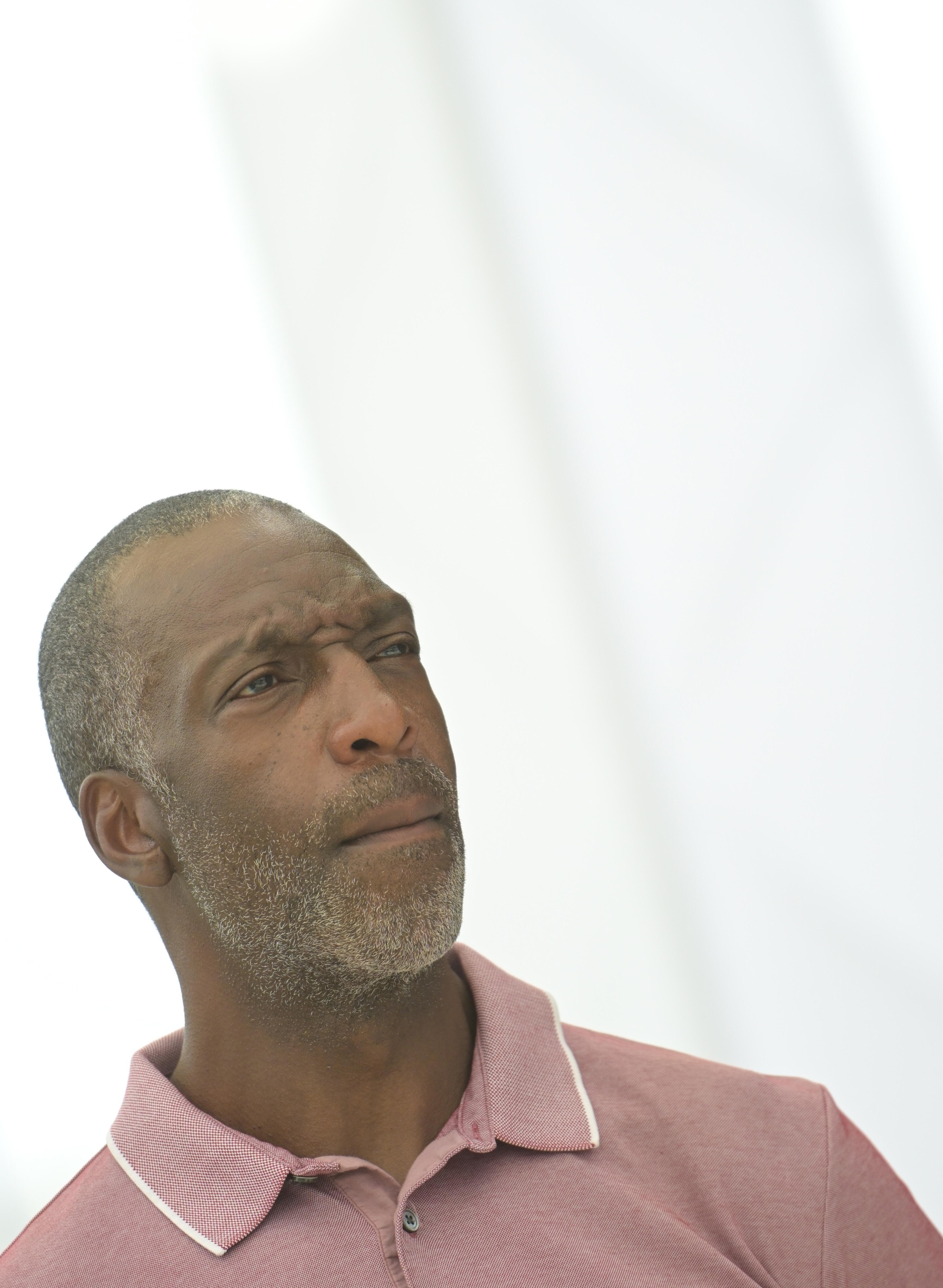
1 minute read
it’s personal, but powerful Athletes and brands:
IN HIS The Power of the Athlete’s Voice session, Michael Johnson said he was impressed by the current generation of athletes who are using their platform to speak out on issues. He saw their increasing desire to embody causes that they believed in as placing them in a long tradition stretching back to Muhammad Ali, with his opposition to the Vietnam War; or Tommie Smith and John Carlos, the African-American athletes who gave the Black Power salute at the 1968 Mexico Olympic Games.
But things were very different when he was racing himself: “In the 90s the most marketable athletes were the ones who you couldn’t tell where they stood politically or on social issues, athletes who were deemed ‘safe’” — most famously, he said, Michael Jordan.
Advertisement
Now, “athletes are pushing back on the idea that they shouldn’t have opinions”, Johnson said. He held up Colin Kaepernick and Eric Reid, the NFL players who took the knee in the wake of George Floyd’s murder by Minneapolis police; Lewis Hamilton speaking out on LGBTQ rights; Naomi Osaka on mental health; and Marcus Rashford on child poverty, as shining examples of athletes publicly espousing issues about which they were passionate. Sometimes this came at the risk of trolling, censure from their league or governing body, or even personal threats. “It’s a personal decision to use this incredibly powerful tool they have,” he said.
As for what this industry can do: “Brands need to understand how difficult it is for athletes, and the pressure they’re under to use their platform,” Johnson said. He added: “When an athlete decides to partner with a brand that shares their values, that can help the athlete; they can gain strength from numbers.”
He saw more value in in-depth partnerships, rather than just endorsements, where values could be truly aligned. And, for Johnson, purpose-driven marketing campaigns “have to be authentic and real”.










